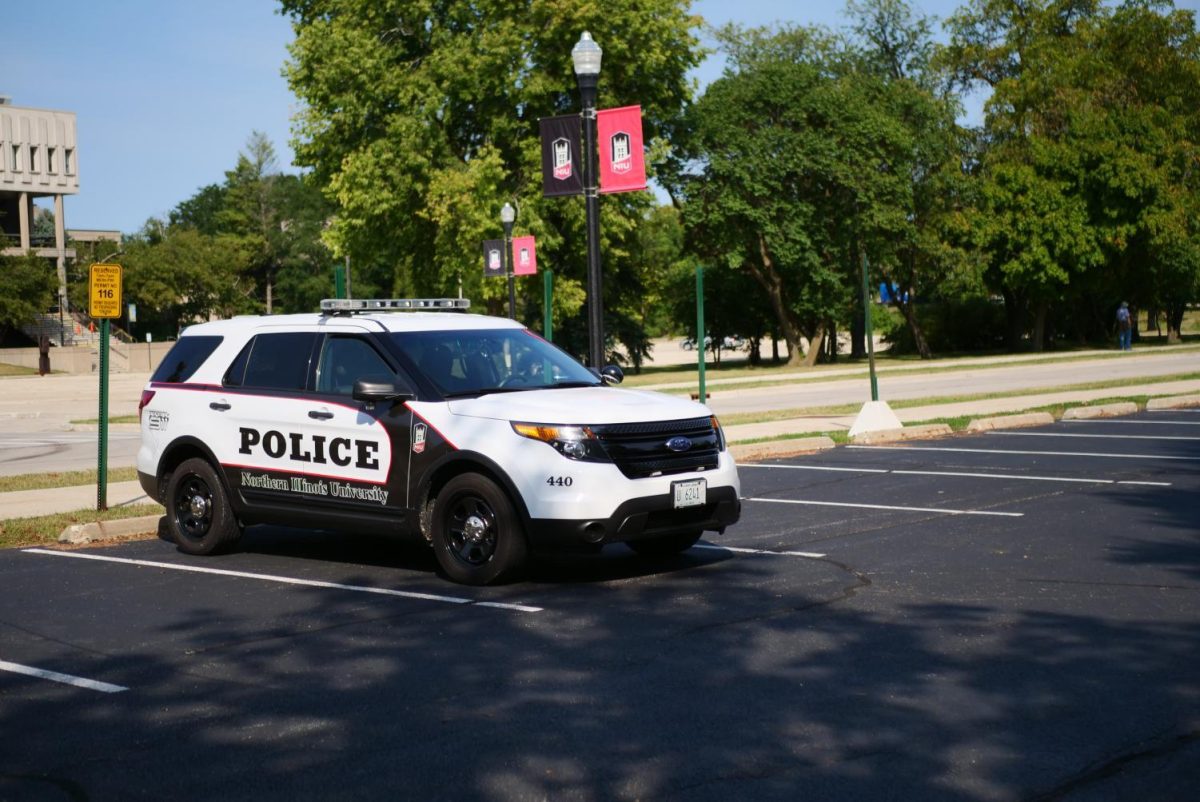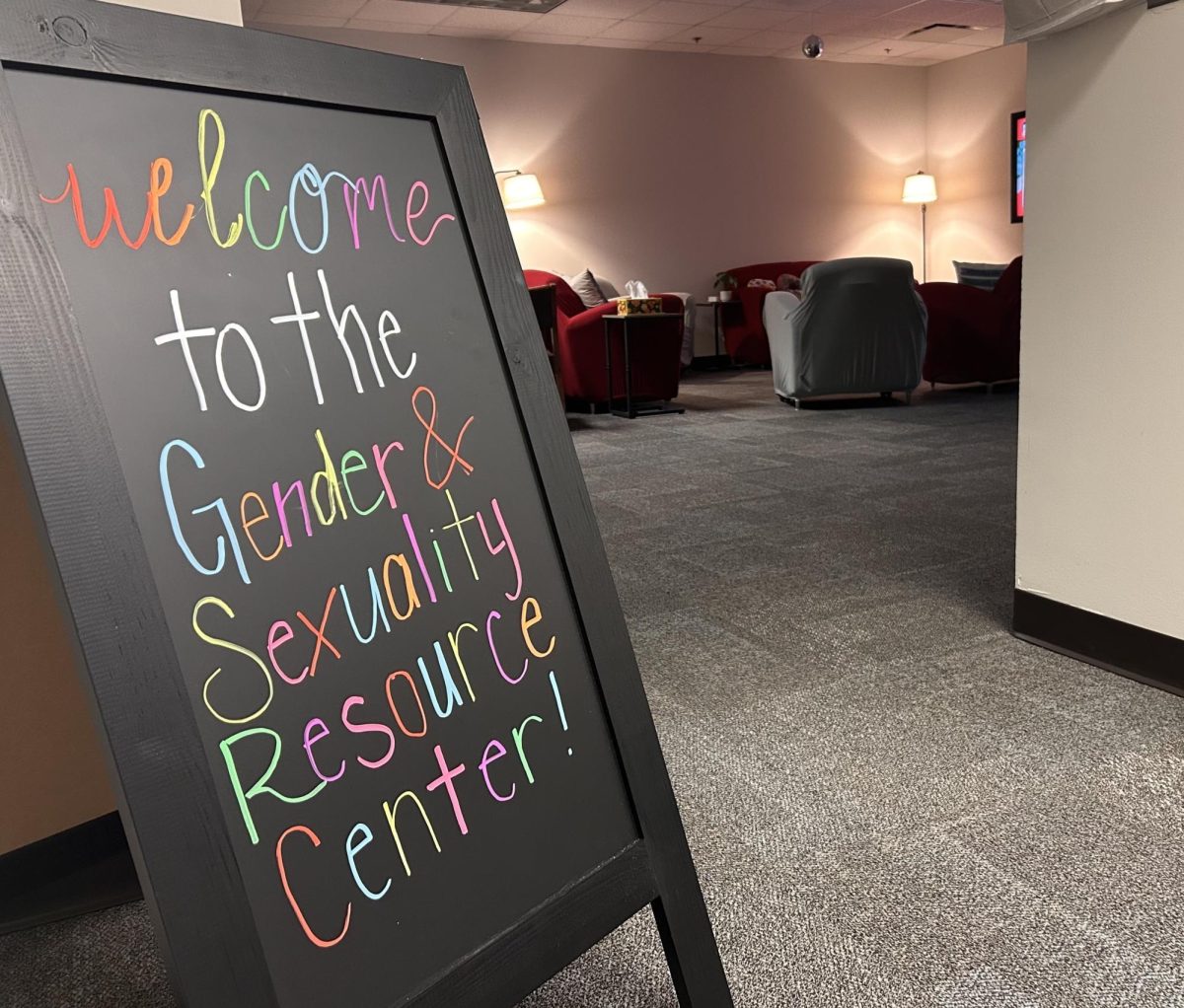DeKALB – Natalie Mealing, an undecided first-year student, is unsure of how to improve her sleeping habits.
“I sleep at least six hours, but I always want more, and I feel like I need more,” Mealing said. “Sometimes I sleep a lot, and I start to feel delirious.”
60% of all college students experience low quality sleep, according to the Center for Disease Control and Prevention.
But Xinyu Hu, a Ph.D. graduate of NIU’s psychology department, said students should be looking at their sleep quality more than the quantity they sleep.
“Do you feel like you actually had a good night of sleep?” Hu said. “That’s more important than the hours specifically of what time you went when you fell asleep versus what time that you actually woke up.”
Hu said students can improve their sleep by limiting the amount of time they think about bad experiences during their day, whether it be a bad exam grade or a tough day at work.
“We’re trying to get ready for bed, but you’re still cognitively, actively thinking about all the tasks that might have happened during the day or all these negative work-related thoughts could also impact our sleep quality,” Hu said.
Hu said that constantly having extended screen time directly before bed can also cause negative sleep quality. Students should try to detach themselves from stress by reading a book, meditating or doing any leisure activity for relaxation before bed.
“Sometimes, it might be waking up in the middle of night and having that urge to check smartphones or check notifications, it could also disturb and disrupt one’s sleep quality,” Hu said.
Eric Asiedu, a graduate communications student at NIU, said taking sleep seriously is his first priority, as he feels more refreshed in the morning to learn.
“I have to sleep before I learn,” Asiedu said. “This has been a part of me since high school, but I don’t joke with my sleep. After a good night’s sleep, the first thing in the morning I will just grab my book.”
If NIU students want to learn more about gaining quality sleep, they can read the Huskie Academic Success center’s “Sleeping to Succeed” guide on the center’s website.















